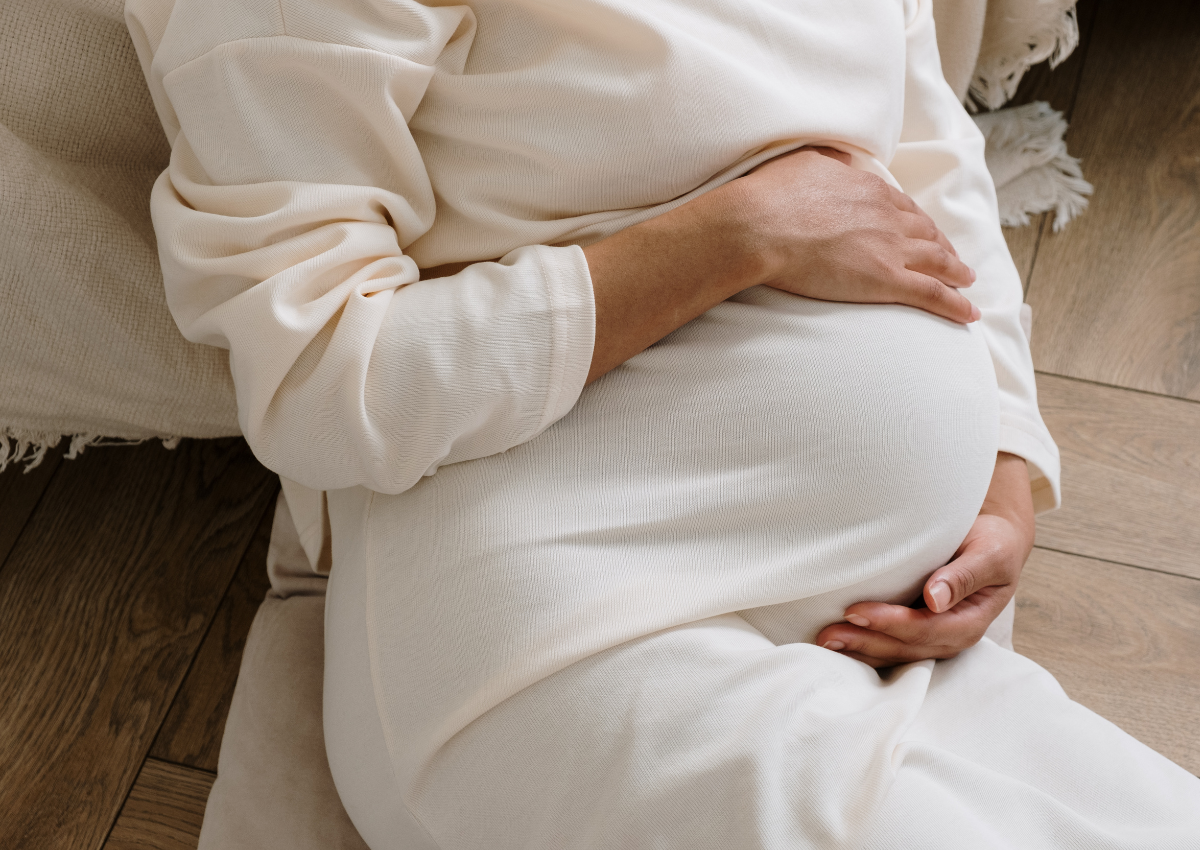
What plants are safe during pregnancy?
Many herbs, remedies and infusions are of great help when you are pregnant; during the whole process you can hardly take any kind of medication and 9 months is enough for many and very different situations. Nausea, fatigue, lack of iron are common... And when this happens there are so many contraindications when it comes to taking something that you ask us what can be used/taken, what cannot and in what proportions. Natural remedies are almost always the solution. We are going to share with you the list of safe herbs and how to use them from Sarah from Saar Soleares. As Sarah says, most of the remedies and herbs, if not almost all, that have been used during pregnancy to treat common discomforts and problems of pregnancy, childbirth and postpartum date back to at least ancient Egypt. So behind this list there is a lot of historical, empirical evidence and pharmacological studies. So, what Sarah has done is a summary that focuses on everything that she has tried and therefore is safe.
List of safe plants during pregnancy
- Menta arvensis*: useful for relieving morning sickness and flatulence.
- Lemon: useful for nausea and indigestion.
- Nettles: useful for relieving leg cramps and increasing the amount of breast milk.
- Rose and rosehip: strengthen and increase the immune system.
- Oats: useful for iron deficiency and reducing fatigue.
Energizing remedy for the second semester of pregnancy
This remedy will help you with iron deficiency and nausea.
- 2 tablespoons fresh organic mint leaf
- 2 tablespoons dried organic nettle leaves
- 2 tablespoons of Organic Dry Oats
- 2 tablespoons dried organic rose petals
- 3 tablespoons organic honey (optional)
How to prepare it?
Put half a litre of hot water with the herbs. Stir and keep it covered for an hour, then strain it. If you like the taste of honey and a sweeter touch, add a little (warm it a little so that it dissolves well). Let it all cool to room temperature. Once it is cold you can start drinking it throughout the day. You can safely drink 300ml a day and the ideal is to drink it slowly throughout the day and not all at once so that the body assimilates it well.
* Type of mint : There are different varieties of mint, such as peppermint and mentha arvensis. Peppermint often contains compounds that can be stimulating and is not recommended during pregnancy. Mentha arvensis, on the other hand, is considered safer and has traditionally been used to relieve discomforts such as headaches and heavy legs. The route of administration is crucial. Inhaling the aroma of diluted mentha arvensis in a diffuser may be a safer option than applying it directly to the skin. It is essential to consult with a doctor or a specialized aromatherapist before using any essential oil during pregnancy. They will be able to evaluate your particular case and provide you with personalized recommendations.
Other articles that may interest you



2 comments
Hola María!
Muchas gracias por tu apreciación. Lo cierto es que la Menta piperita está desaconsejada y la menta arvensis está indicada. Vamos a especifica y completar el artículo para que no haya confusión. Gracias de nuevo!
Sofia_theCosmethics
La menta tiene monoterpenos, relacionadas con abortos y malformaciones
Maria
Leave a comment
This site is protected by hCaptcha and the hCaptcha Privacy Policy and Terms of Service apply.